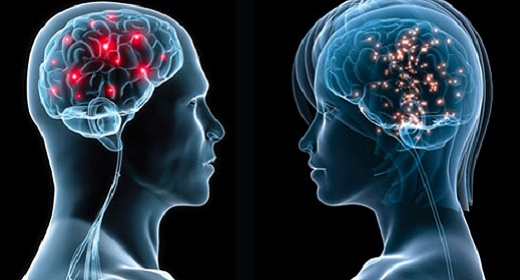By Karl Romain: Your brain on meditation: calm, clear and confident…

Your brain on Tai Chi: calm, clear, and confident. As a practitioner of both meditation and Tai Chi, I can attest to the shared outcomes of each practice.
But, I’ve seen students wrestle with the challenge of finding time to do both. While it’s optimal to sit in meditation, it’s often not necessary — especially if you practice Tai Chi. The common denominator may be that both Tai Chi and mindfulness meditation focus your attention on the breath. That single focus may help your brain make lasting changes that impact the way you see (and cope) with things.
Research has found that both Tai Chi and meditation have a powerful effect on the mind, cultivating a stillness that serves to increase focus, reduce stress, and boost cognitive skills. What I’ve found (in myself, and in my students):
Tai Chi makes your brain bigger, literally. Researchers at the University of South Florida and Fudan University in China found Tai Chi increases brain volume in seniors who practiced Tai Chi three times a week for 40 weeks. The study’s results are pretty impressive, since gray matter usually shrinks with age. A study at the University of Massachusetts Center for Mindfulness found similar results in even less time. Their researchers saw increases in gray matter in the hippocampus (the brain region associated with learning and memory) after an eight-week mindfulness-based stress reduction program.
Tai chi keeps you on your toes, figuratively. Just as physical exercise keeps a body fit, the mental concentration required for Tai Chi exercises the brain. The martial art form trains your brain to help you retain more information, stay focused on the task at hand, and make quicker decisions (not snap decisions). A small study from Massachusetts General Hospital found people who meditated 40 minutes a day had thicker cortical walls compared to people who didn’t meditate. Thickness of cortical walls is linked with slower rate of cognitive decline, and conversely, quicker decision-making, sharper focus and improved memory. Research has also shown that meditation, motor learning, and single-focused attention have all been associated with changes in the cortical regions of the brain. Tai Chi’s dynamic approach draws from all those skills.
Tai Chi helps you shake off stress, effortlessly. Cool as a cucumber? Another awesome benefit of the moving mediation, Tai Chi. A regular meditation practice, as well as learning anything new, improves neuroplasticity, which is the process by which our experiences help reorganize neural pathways in the brain. In simpler terms, the brain is rewiring itself in response to your experiences. These connections help shore up emotional stability so you can cope with stressors in a more controlled fashion. What’s more, research from the University of Wisconsin has shown that people who meditate have high levels of gamma wave activity and are able to avoid getting stuck in ruminating thought patterns. So instead of saying, I would’ve, could’ve, or should’ve, you’ll shake it off and redirect your focus to keep moving forward.
Another great benefit of Tai Chi is that it’s accessible to people of all ages and fitness abilities. It’s the focus on the subtle movements that exercise the brain and boost cognitive abilities. First, it’s learning the precise movements of the ancient martial art form that will give your brain a boost. Then, it’s the continued focus linking the breath and the movements.
Try it for yourself. Whether it’s a physical limitation, or a wandering mind, don’t get stuck on perfectionism. Just get started. I tell my students all the time: Don’t let what you can’t do effect what you will do. In the beginning, strive for consistency and habit, practicing at the same time each day or committing to a weekly or bi-weekly class. You’ll feel better — more focused, less stressed — almost immediately, and the effects will only continue with a consistent practice.









































